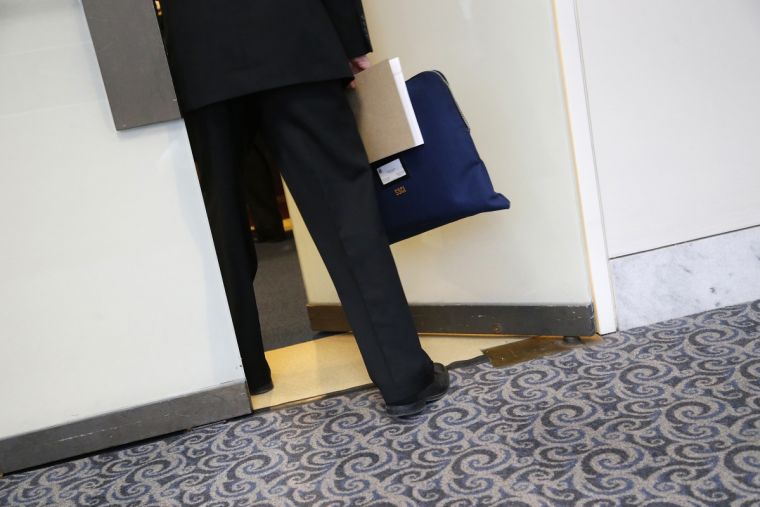CIA interrogation of terrorism suspects involved sexual threats and waterboarding - US Senate report

A US Senate report due to be released on Tuesday will claim that interrogation techniques used by the CIA went beyond what was authorised.
The CIA used sexual threats, waterboarding and other harsh methods to interrogate terrorism suspects and all were ineffective at eliciting critical information, according to the report.
The report on government-sanctioned interrogation at sites around the world for questioning captured al Qaeda and other militants prompted the United States to warn its facilities abroad to shore up security in case of violent reactions.
Sources familiar with the document said it includes graphic details about techniques the Central Intelligence Agency used in the years after the September 11, 2001, attacks on the United States.
The sources said tactics meant to force detainees to divulge information on terrorist plots and cells went beyond the techniques authorised by White House, CIA and lawyers working for President George W Bush's Justice Department.
Cases in which CIA interrogators threatened one or more detainees with mock executions, a practise never authorized by Bush administration lawyers, are documented in the report, the sources said.
It concludes that harsh interrogations did not produce a single critical intelligence nugget that could not have been obtained by non-coercive means. Former CIA and government leaders, including former US vice president Dick Cheney, dispute that conclusion.
The report describes how al Qaeda operative Abdel Rahman al Nashiri, suspected mastermind of the 2000 bombing of the USS Cole, was threatened with a buzzing power drill, the sources said. The drill was never actually used on him.
It documents how at least one detainee was sexually threatened with a broomstick, the sources said.
It was unclear whether the report would lead to further attempts to hold those involved accountable. The legal statute of limitations has passed for many of the actions.
White House spokesman Josh Earnest said on Monday that President Barack Obama supported making the document public "so that people around the world and people here at home understand exactly what transpired."
The executive director of the American Civil Liberties Union, Anthony Romero, said in an opinion piece in The New York Times that Obama should issue formal pardons to senior officials and others to make clear that these actions were crimes and help ensure that "the American government never tortures again."
ADDED SECURITY
Preparing for a worldwide outcry from the publication of the graphic details, the White House and US intelligence officials said on Monday they had beefed up security of US facilities worldwide.
The report, which took years to produce, charts the history of the CIA's "Rendition, Detention and Interrogation" programme, which President Bush authorised after the September 11 attacks.
Bush ended many aspects of the programme before leaving office, and Obama swiftly banned "enhanced interrogation techniques," which critics say are torture, after his 2009 inauguration.
Two Republican lawmakers issued a statement calling the release of the report "reckless and irresponsible". Democratic Senator Dianne Feinstein, who chairs the Intelligence Committee, is due to make the report public in a Senate floor speech.
"We are concerned that this release could endanger the lives of Americans overseas, jeopardise US relations with foreign partners, potentially incite violence, create political problems for our allies, and be used as a recruitment tool for our enemies," senators Marco Rubio and Jim Risch said.
Senator Angus King, an independent, told CNN releasing the report was important because it could persuade a future president not to use these techniques.
"We did things that we tried Japanese soldiers for war crimes for after World War Two. This is not America. This is not who we are. What was done has diminished our stature and inflamed terrorists around the world."
"Did we torture people? Yes. Did it work. No," King said.
The 500-plus page report that the Intelligence Committee has prepared for release, a summary of a much more detailed, 6,000-page narrative which will remain secret, includes a 200-page narrative of the interrogation programme's history and 20 case studies of the interrogations of specific detainees.
Intelligence Committee Democrats were expected to post the report on the panel's website on Tuesday, along with lengthy critiques of it by committee Republicans and the CIA.
Photo: Reuters











